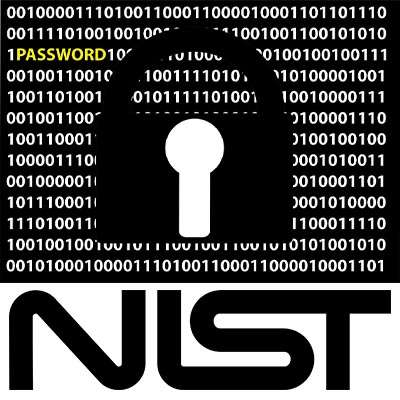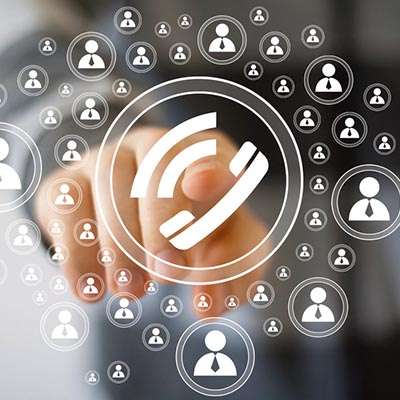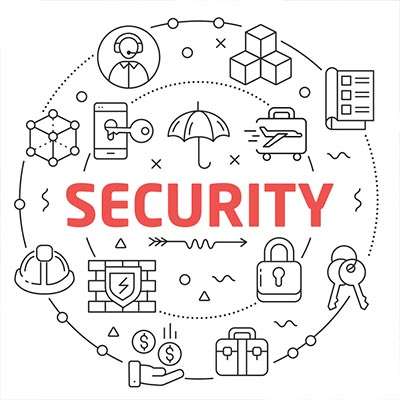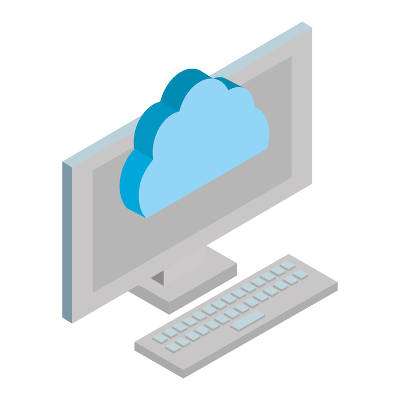Cybersecurity is a vital aspect of managing any business. This is especially true in our modern era when there are numerous organizations formed specifically to steal credentials and sensitive information from your business. Let's examine how your company can implement proper cybersecurity practices.
Macro Systems Blog
You could argue that social media is the defining feature of the information age. It has changed the way people communicate, market their products and services, and it has brought a litany of problems into public focus. Social media also currently costs many organizations billions of dollars a year in lost productivity. Below are a look at the pros and cons of social media, and how your company can put yourself in a net-positive position regarding the technology.
Just like any other morning, you walk into the office, but, unlike any other morning, you discover that there are updates that need to finish being implemented before you can use your workstation. That’s certainly irritating. Sure, it’ll probably only take a few minutes to complete, but you have your coffee in hand, and you’re ready to get to work. How can you burn that time, without it being a waste?
Reducing costs in the workplace doesn’t necessarily mean abolishing services you don’t need or eliminating positions that aren’t necessary. One of the easiest ways to make it happen is by taking a closer look at printing costs. By carefully analyzing and controlling your printing resources, you can limit the amount of assets you invest in printing and save a significant amount of revenue.
There are some times where productivity is a challenge, especially if you’re being asked to work on something monotonous or repetitive. Automation solutions can be utilized to make these tasks less irritating. Depending on the purpose, they can also become an integral part of your organization's productivity strategy.
It's amazing how much trust most people have in Internet-based companies; people routinely give extremely sensitive information to these companies without thinking for a second about what these companies do with it. Let's take a look at data collection practices, what Internet companies want with that data, and how millions of people every year become victims because they entrust their PII (Personally Identifiable Information) to companies that promptly lose it.
Passwords are always a significant irritation for businesses, but in some industries, their importance is highlighted more than others. Specifically, government-based businesses need to be prepared to use more secure passwords. Obviously not all organizations are government-based, there’s something to be said about proper password practices that all organizations can learn something from.
Customizing your display settings is one of the best methods to make Windows 10 feel like your own experience. There are a lot of settings you can change to your specific liking. Macro Systems will walk you through how you can change the settings on your displays, whether it’s a new monitor or an ancient one.
Planning for data security isn’t the easiest thing in the world, especially if your business doesn’t have any dedicated security professionals on-hand. While securing your data with traditional methods, like passwords and firewalls is imperative, what measures are you taking to make sure a thief or hacker isn’t just walking into your office and pilfering your technology?
If you are a business owner that has been in business for a decade you’ve probably seen how emerging technologies have altered the face of business. Technologies such as cloud computing have created opportunities for many businesses to get the powerful computing infrastructures they need without enormous upfront costs. As this trend continues, the IT services have begun to move past core IT management and support and onto providing real solutions for the modern business. Let's take a look at how the Managed Service Provider (MSP) is at the forefront of a data revolution that has no end in sight.
Windows 10 just received a second update for 2018. Some experts believe this many significant updates to the OS is too many, but when you begin to look at the features available thanks to this second update, you may be happy that Microsoft has decided to release it (and re-release it). Below, we'll take a look at the new update, as well as a few of the convenient features that it has rolled out to users.
It seems that to have a computer these days is to have a Google account. If one isn’t utilized for professional purposes, it is utilized as a personalized solution; the convenience and accessibility of these accounts alone are compelling, even before one considers the versatility that this account brings with it. Alas, these benefits can be quickly overshadowed by risk if a Google account’s security is overlooked.
Smartphones are astonishing and as a result many people now have one. Thus, when the annual financials were revealed, it was surprising to see that the smartphone market was diminishing. There are many reasons for this, but the main one has to be that older devices are holding up well compared to newer devices. This results in consumers being less likely to make the significant investment to purchase the latest device.
The cloud has helped many organizations push beyond their limits, but is yours taking advantage of it? Depending on the needs of your specific company, the cloud can aid your business in ways you could never dream of just 20 years ago. Listed below are some of the best ways the cloud can benefit your business.
One of the most vital aspects of smartphones is how portable they are; business professionals can be productive no matter where they are. Alas, this also means that they have more of an opportunity to lose their devices, along with the data they contain. If the device is Android-based, then you can alleviate this trouble thanks to built-in features that can help you locate it.























